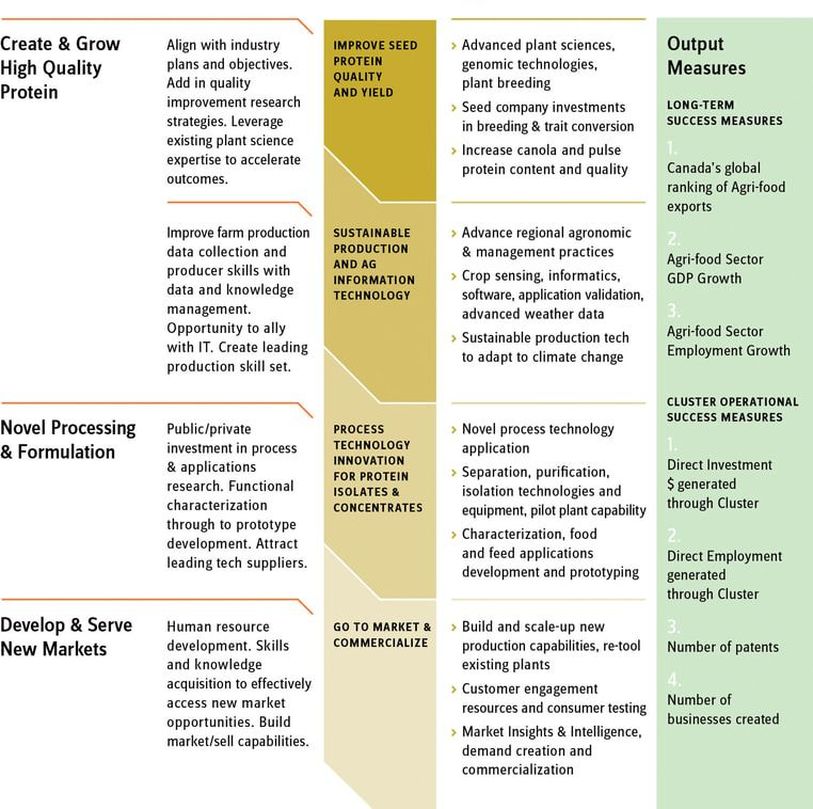The world needs accurate and valuable data on the supply and demand of oilseeds and grains, most importantly: wheat, soybeans, maize and rice. Traders, financiers, producers and governments need access to data on agricultural markets to help make informed decisions, understand the market and respond to government policy and trade.
Data is the future for agricultural markets
Is this much data necessary? Companies such as Canada’s Agricultural Market Information System (AMIS) and Agriculture and Agri-Food Canada (AAFC) think so.
Dta and market information needs to be housed and reported on. TFG heard from AMIS at the IGC Grains Conference 2018 on the need for collaboration, harmonisation and provision of data in the oilseed and grains market.
The focus of AMIS is to look at production and utilisation of stock and trade. AMIS has wide coverage, including most of the G20 members and Spain, as well as the world’s most important exporters and importers of crops to provide unbiased and timely information to decision makers. Information like this is critical to provide markets with unbiased information to make decisions.
One of the main issues with the agricultural markets sector is that there is a lack of reliable information on world supply and demand for grains and oilseeds. The data is neither consistent nor accurate at a national and local level, meaning international data is difficult to come by. Furthermore, in order to meet national policy, the policy dialogue needs to be accurate and we need valuable data to back this.
Canada and the Agritech revolution
Canada is at the forefront of the agritech revolution. The Canadian government is backing thorough policy to find the right business climate to drive innovation in the grain and oilseed market and drive relevant projects through its strategic investments.
Canada has created a series of super clusters bringing together industry, government and academia. The protein industry is a key focus, attracting some $300mn investment into the Prairie Provinces in Western Canada.
What is a Supercluster?
It’s known as the Protein Industries Supercluster; an innovation using plant genetics and technology to boost the productivity and quality of canola, pulses and wheat which are highly desired in major agri import markets such as North America, China and India. This partnership is expected to generate over $4.5bn CAD in GDP over the next ten years, as well as creating 4500 jobs.
 Australia
Australia Hong Kong
Hong Kong Japan
Japan Singapore
Singapore United Arab Emirates
United Arab Emirates United States
United States France
France Germany
Germany Ireland
Ireland Netherlands
Netherlands United Kingdom
United Kingdom







Comments are closed.